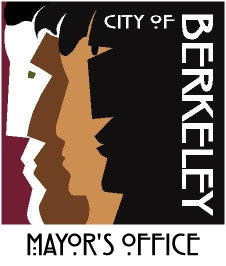Berkeley Partners with La Quinta to Provide 113 Beds to Unhoused Individuals During the COVID-19 Crisis
April 23, 2020
BERKELEY – Today, Mayor Arreguín announced that the City of Berkeley has struck a deal with La Quinta Inn to provide 113 beds at their 970 University Avenue location. The hotel rooms will be used to help get Berkeley’s unhoused population off our streets and into a safer environment that enables social distancing during the COVID-19 state of emergency.
“Our homeless population is at increased risk of exposure and transmission, and that poses a threat to us all,” said Berkeley Mayor Jesse Arreguín. “Prior to the pandemic homelessness was a humanitarian crisis that required bold solutions across the region. Coronavirus has amplified that crisis, exposed the service gap, and subjected our most vulnerable populations to risks that are simply unacceptable.”
The agreement comes after Governor Gavin Newsom announced “Project Roomkey” in early April, a first-in-the-nation initiative to secure hotel and motel rooms to protect homeless individuals from COVID-19. The La Quinta Inn will be known as North County Safer Ground, which will be made available for homeless people in Alameda County, with an emphasis on Berkeley. The County will lease and pay for the hotel and the City of Berkeley will help support operations and medical intake. The hotel is expected to be occupied by early May.
This development is the latest in a series of efforts conducted by the City of Berkeley to protect its homeless population during this state of emergency. Last week, 46 of Berkeley’s most vulnerable community members were given access to accommodations at hotels. 31 have moved in so far.
Two weeks ago, a testing site was set up in partnership with LifeLong Medical Care and UC Berkeley for first responders, essential City of Berkeley staff, and vulnerable community members without access to health care. Additionally, 18 trailers have been installed in two locations for isolation and quarantine. A new indoor shelter has been opened which transported people from existing shelters in order to meet social distancing requirements at all shelters.
The City has also installed dozens of handwashing stations, new porta potties, and expanded shower programs to improve hygiene and sanitation. The City and its partners continue to provide frequent medical attention to encampments.
